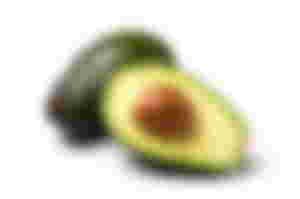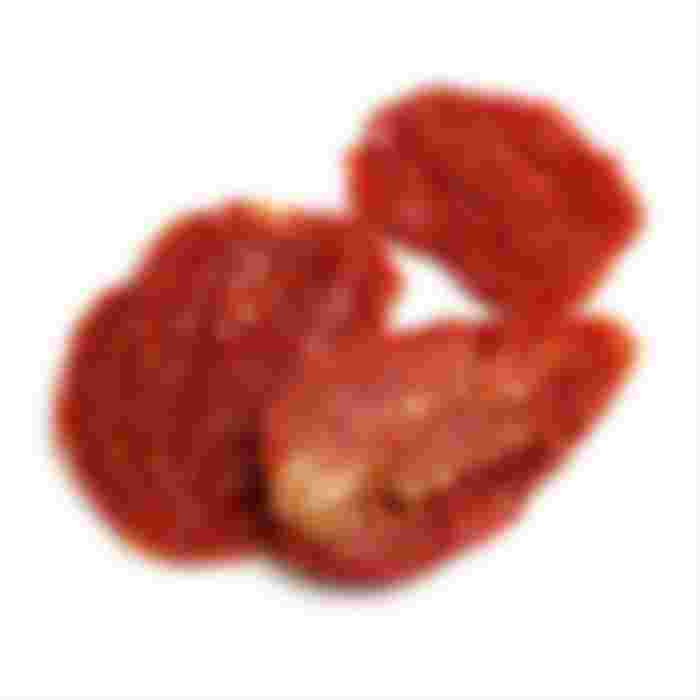Potassium (K) is a very important mineral that every creature needs to survive. Without potassium, it is impossible to survive. This is important for proper communication between cells and muscles. Potassium also plays an important role in the introduction of essential nutrients into every cell and in the proper functioning of certain organs such as the heart, kidneys, and so on. It also helps maintain water and maintain balance of minerals and electrolytes in the body.
How much Potassium does the body need daily?
The prescribed amount of potassium to be taken each day by an adult is 3.5 grams. It can still change, depending on the condition you are experiencing such as pregnancy, old age, or illness.
What can happen if you overdose on Potassium?
An excess of the mineral potassium is a rare case, and is often experienced only by people who are ill or undergoing dialysis. But in case of excess potassium, you may experience vomiting, dizziness, or cardiac arrest due to irregular heartbeat. At present there is no set limit on the intake of potassium in the body because excess potassium is easily released during urination.
What is the effect on the body if Potassium is deficient?
Potassium deficiency in the body can cause some side effects. It can cause muscle weakness, irregular heartbeat, vomiting and dizziness, and high blood pressure. Immediate medical attention is required in people with low potassium in the body.
10 Foods Rich in Potassium
Bananas are the most well-known food source of potassium, but in addition, some foods have higher potassium levels.
1. White Beans

Each 100 grams of beans contains 561 mg of potassium. It fills 16% of the body's daily need for Potassium.
2. Spinach

Green and leafy vegetables such as spinach are rich sources of potassium. Up to 558 mg of potassium can be obtained from 100 grams of this vegetable.
3. Potatoes

Potatoes boiled with skin are also high in potassium. Approximately 535 mg of potassium per 100 grams of potatoes.
4. Pumpkin

Pumpkin, which is known to be rich in Vitamin A, also contains potassium. Each 100 grams of this vegetable contains up to 437 mg of potassium.
Image Source: buklat.blogspot.com
5.

100 grams of unadulterated yogurt can contain 255 mg of potassium.
6. Salmon

Salmon which is also a well-known fish is also rich in the mineral potassium. Up to 628 mg of potassium is available in 100 grams of this fish meat.
7. Avocado

Half a cup of crushed avocado flesh can contain 558 mg of potassium.
8. Mushrooms

428 mg of potassium in a cup of mushrooms is already sliced.
9. Bananas

A medium-sized banana is a source of up to 422 mg of potassium. This is equivalent to 12% of the potassium needed daily.
10. Dried tomatoes

Potassium in 100 grams of dried tomatoes a day is estimated at 3,427 mg or about the equivalent of the body's total potassium needs.









